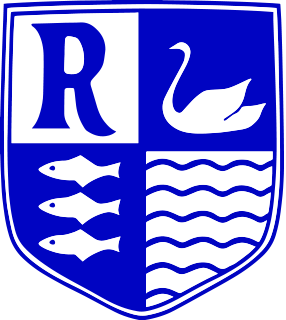Science
At River Primary School, the principal intent of our science curriculum is to provide children with the foundations for understanding the world by inspiring a sense of excitement and curiosity about natural phenomena; and through teaching children essential aspects of the knowledge, methods, processes and uses of science in order to help them think scientifically. We endeavour to broaden their horizons with a wide range of experiences and raise their aspirations for where science may take them in the future.
Children are taught the key strands of physics, chemistry and biology, which will form the foundations for their secondary school science education. Throughout the programmes of study, the children will acquire and develop the key knowledge that has been identified within each unit and across each year group. There is a clear progression, not only in knowledge, but also in the teaching of scientific enquiry skills, enabling children to ask and answer scientific questions about the world around them and consider the uses and implications of their findings. We believe that children learn science best by doing and seeing; by providing the children with a range of opportunities to actively carry out different types of scientific enquiries, we ensure that working scientifically and application of knowledge is embedded into the heart of our science curriculum. Our curriculum is designed to ensure that children are able to acquire key scientific knowledge through practical experiences; using equipment, conducting experiments, building arguments and explaining concepts confidently. The school and local environment is used as a rich resource for scientific stimuli and investigation.
Teaching specialist vocabulary is a fundamental part of our science curriculum. Terminology is taught and built up over time as they progress through the curriculum. Children are challenged to apply their use of this vocabulary in written work, where expectations match those of the English curriculum. Also orally, in order to articulate their understanding of scientific concepts and through the use of effective questioning to communicate ideas.
The wider curriculum provides many opportunities to apply and deepen children’s understanding of science, and cross curricular opportunities are identified and planned to ensure contextual relevance. Children apply their mathematical knowledge when collecting, presenting and analysing data; and geographical skills and knowledge are used and extended in a number of science topics. Likewise, scientific knowledge of physical processes is applied in DT mechanisms topics. These opportunities enable children to make connections which deepen their subject knowledge, as well as their understanding of how subjects relate to each other in the wider world.
